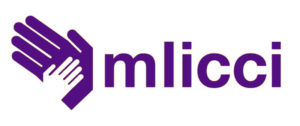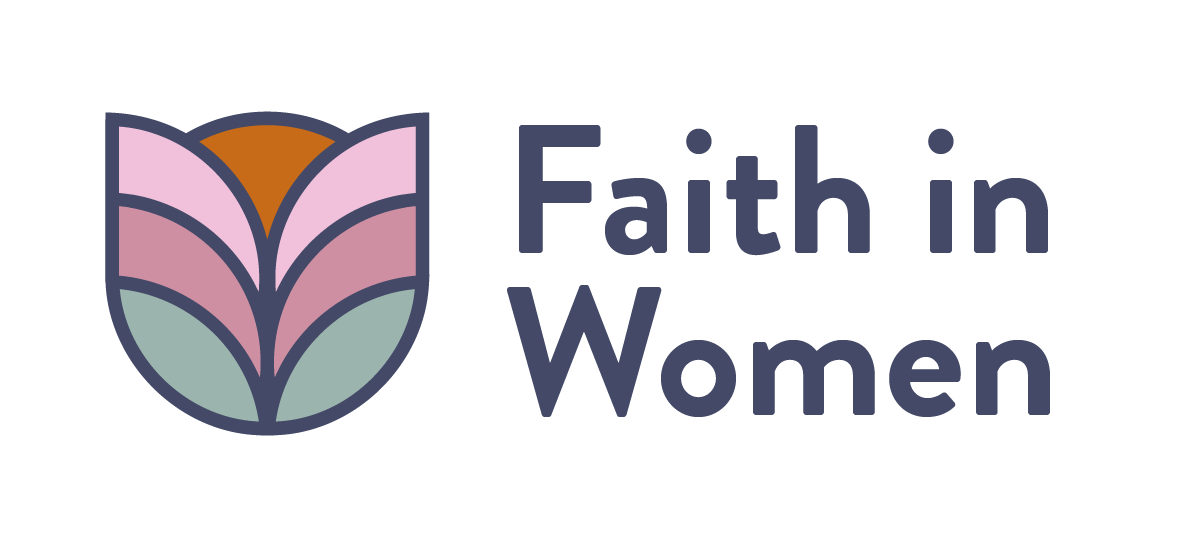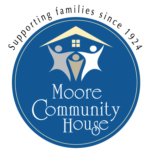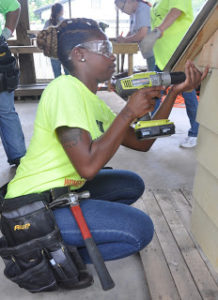$4,863. That was the average annual cost of child care for Mississippi parents back in 2014. For full-time workers paid the state’s minimum hourly wage of $7.25, infant care would account for more than 30% of their monthly income–and that’s before taxes. With this high price tag coupled with no national paid parental leave policy, parents in Mississippi are often forced to choose between maintaining their livelihood and ensuring their children receive the care they need.
The Mississippi Child Care Payment Program (CCPP) is a voucher system designed to lessen the financial burden that child care costs create for low-income parents. By making child care more accessible to these families, the positive rippling effects of CCPP are felt not just by parents, but by everyone in the state: increased employment, reduced poverty, reduced absenteeism and turnover for employers, higher contributions of tax revenue into the general fund, and improved school readiness in children. But despite its benefits, CCPP currently serves just a fraction of eligible children. For too many low-income families, child care remains out of reach.
That’s why Carol Burnett, Faith in Women Board President, formed the Mississippi Low-Income Child Care Initiative (MLICCI)— to address this gap in coverage that  prevents parents, most of whom are women, from maintaining steady employment. Since 1998 MLICCI has focused on securing women’s economic security by advancing policies and direct service models that work to increase the availability of affordable child care for low-income working parents, to achieve gender equality in the state workforce, and to make the social safety net work for women. MLICCI tenaciously works to increase the number of low income working mothers served by the CCPP, to make access and retention of CCPP services easier for them, and to strengthen the financial viability of the child care centers that serve them.
prevents parents, most of whom are women, from maintaining steady employment. Since 1998 MLICCI has focused on securing women’s economic security by advancing policies and direct service models that work to increase the availability of affordable child care for low-income working parents, to achieve gender equality in the state workforce, and to make the social safety net work for women. MLICCI tenaciously works to increase the number of low income working mothers served by the CCPP, to make access and retention of CCPP services easier for them, and to strengthen the financial viability of the child care centers that serve them.
Because of their deep relationships with low-income single mothers and providers, MLICCI witnesses the many ways in which systematic racism and sexism impact the state’s current child care assistance climate. Single mothers face an inequitable workforce, and they comprise the majority of adults reliant on public safety net programs. All of these factors obstruct women’s economic security. In response to these realities MLICCI works at the intersection of racial justice and gender justice to advocate for policies and investments that strengthen women’s economic security.
The Mississippi Low-Income Child Care Initiative recently celebrated its 20th Anniversary. More than 100 MLICCI friends, supporters, and child care center directors from across the state joined us for the event where MLICCI released of a report detailing the 20-year history of the state’s Child Care and Development Fund (CCDF). Their key observation was this: “[W]hen Mississippi spends more on direct services, it serves more children and more parents can work or attend training or education.” In other words, an investment in affordable child care is an investment in Mississippi’s future.
To learn more about MLICCI, visit www.mschildcare.org


